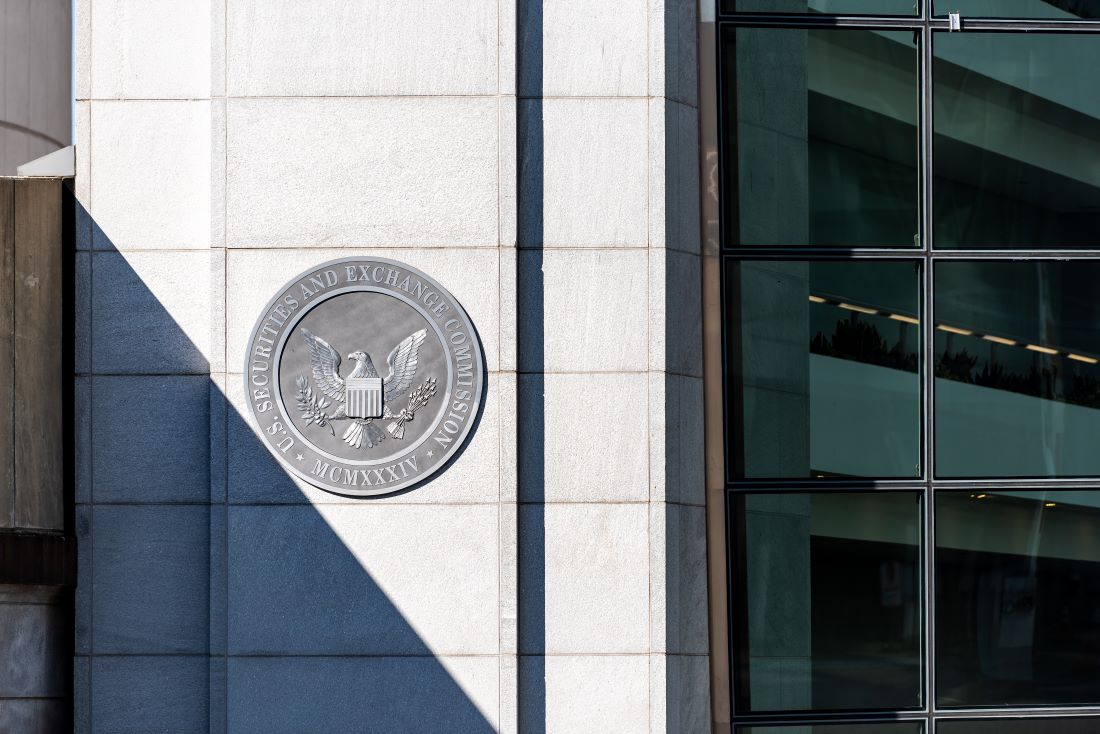Former SEC Chair Clayton Says ‘Vast Majority’ of Crypto Tokens are Securities – Here’s What You Need to Know

Jay Clayton – former chairman of the U.S. Securities and Exchange Commission (SEC) – expressed a view of the crypto market on Wednesday that largely mirrors that of his current successor, Gary Gensler.
“I’ve said this for a long time: I think the market has evolved, but many, if not the vast majority, of the tokens that were sold for cash would fall within the definition of a security in America,” said Clayton, while speaking at the R3 CordaDay conference on Wednesday, according to TechCrunch.
As Clayton explained, the definition of a “security” is “intentionally broad and flexible.” That said, regulators often use the “Howey Test” as a basic benchmark for identifying whether a given financial asset qualifies as an investment contract, and therefore a security.
To pass the test, an asset must be sold to raise money from investors, who have an expectation of profits based on the efforts of others.
For identifying securities, the SEC has given little public guidance beyond reference to this test. However, the commission’s recent lawsuits against Binance and Coinbase alleged that a host of large-cap cryptos trading on their platforms were securities, including Solana (SOL), Cardano (ADA), Polygon (MATIC), BNB, and Binance USD (BUSD).
There's nothing about the crypto securities markets that suggests that investors & issuers are less deserving of the protections of our securities laws.
— Gary Gensler (@GaryGensler) June 12, 2023
Congress could have said in the 1930s that the securities laws applied only to stocks & bonds.
For more, read my remarks:
Not all should be lost for crypto securities, however: according to Clayton, some assets once labeled as securities shake that label over time if it develops the right utilities.
The ex-chairman cited Broadway show tickets as an example. If someone bought 1000 tickets for $10, then told their friends and family that they could resell them for 10X that price later, then that’s a security. “But if you just buy the ticket 10 years later, it’s just a ticket,” he explained.
“The confusion around that, and the horrible legal advice [that’s been] given has led to bitter, emotional fights over classification,” Clayton said.
Regulatory Confusion
The SEC continues to quibble with its sister agency – the Commodities and Futures Trading Commission (CFTC) – on crypto classifications, the latter of which believes many cryptocurrencies beyond Bitcoin count as commodities. That includes Tether (USDT), the world’s largest stablecoin, whereas the SEC’s Wells Notice against Paxos for issuing BUSD in February reflects a different outlook.
Other jurisdictions like Canada aren’t facing this issue, where securities regulators have issued fast and clear guidance to crypto platforms about how to remain compliant. In Feburary, the CSA stated that fiat-backed stablecoins meet the definition of a security.
According to Coinbase CEO Brian Armstrong, the United Kingdom spends far less time worrying about the issue of classifications at all.
“They just have one financial regulator for both,” said Armstrong in an interview with the Wall Street Journal this week. “They spend 1% of their time even discussing this issue… it’s a massive issue in the US just because we have two separate federal regulators.”









